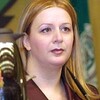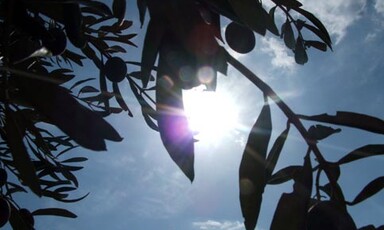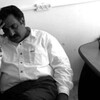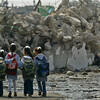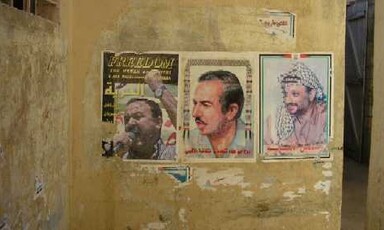
Hamas prepares for post-Arafat era
2 November 2004
Hamas has joined other Palestinian political factions in wishing the ailing Yasir Arafat a speedy recovery, but it is also readying for life after Arafat. The ailing Palestinian leader, though disliked by many Palestinians for a variety of reasons, still enjoys widespread respect among the wider public, including the powerful Islamist camp. Hamas realises, as, indeed, does the rest of the Palestinian political class, that the political diminution of Arafat and certainly his death would signal the end of an era and the beginning of a new one whose features and borders are difficult to determine now. Khalid Amayreh reports. Read more about Hamas prepares for post-Arafat era

